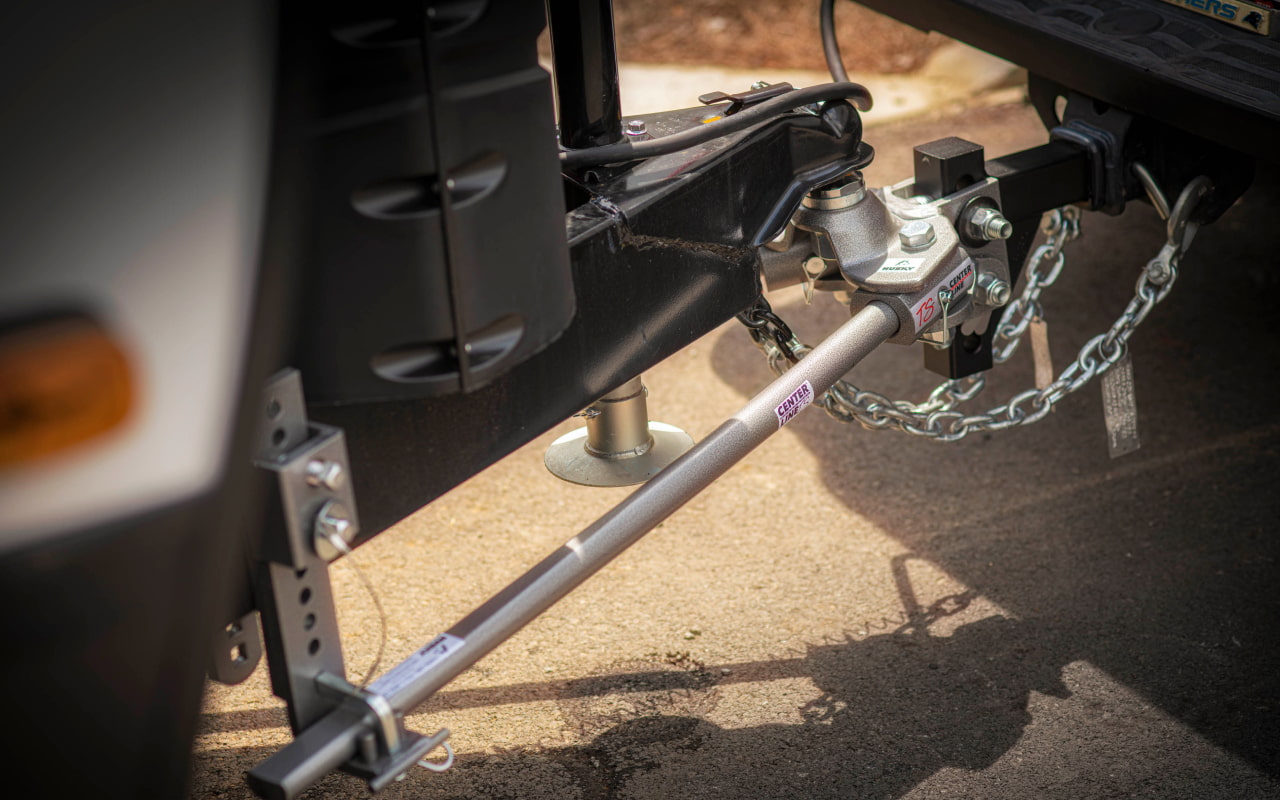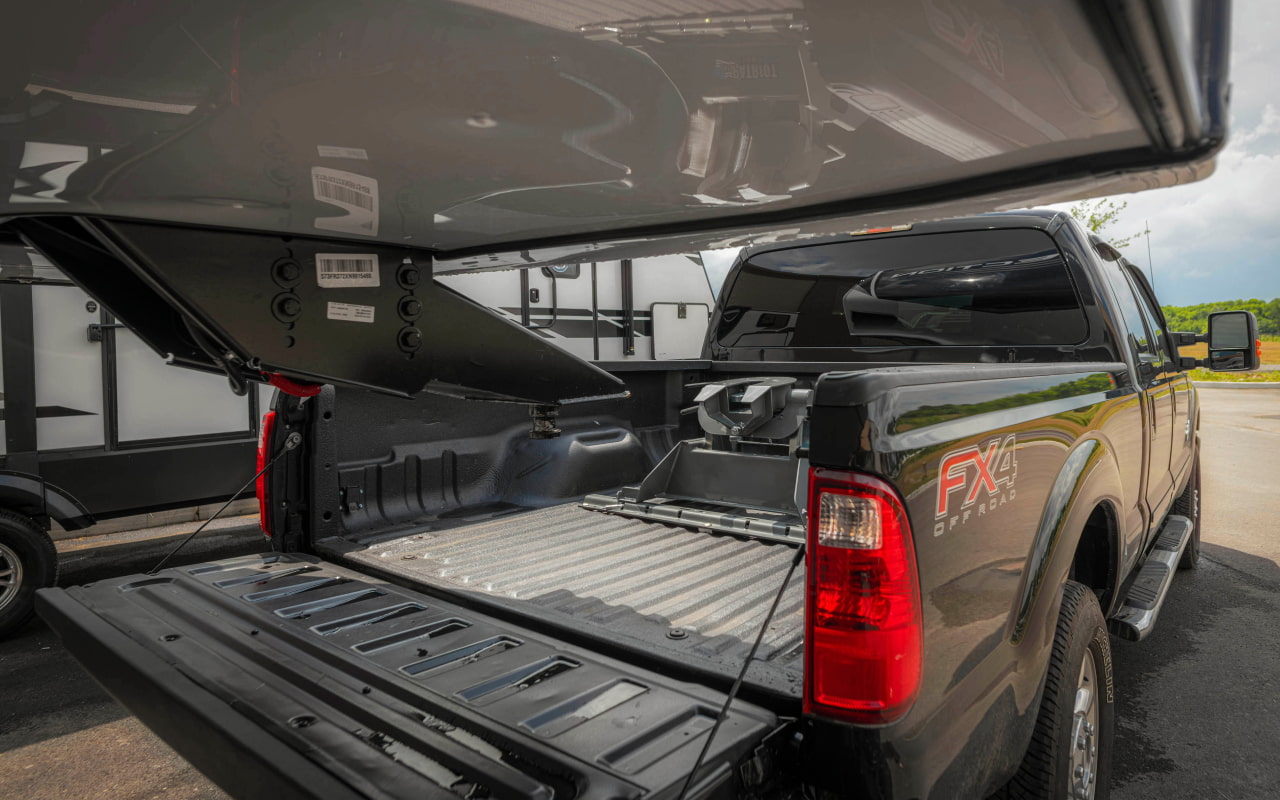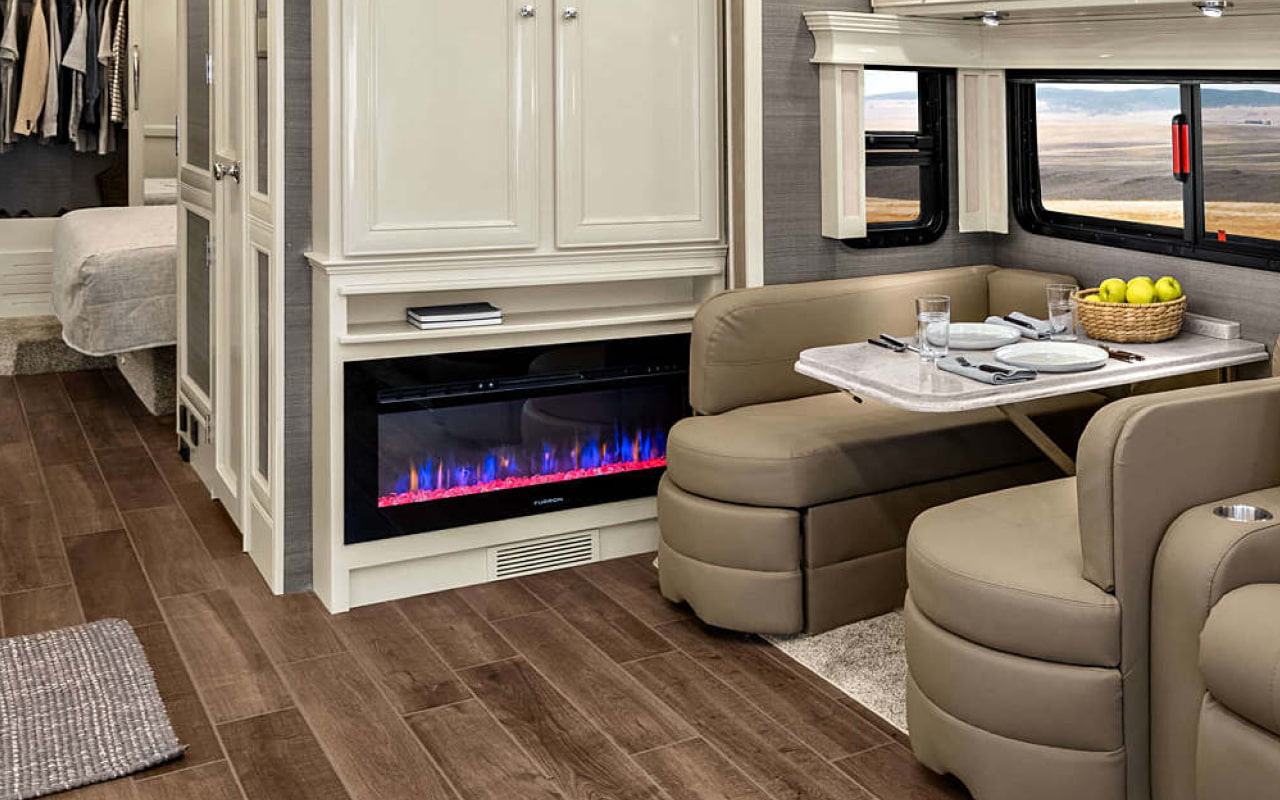
When you’re towing any vehicle, it’s important to make sure that you have a strong connection between both the towing vehicle and what is being towed. Hitch connections are important for towing, but safety chains are also crucial for properly towing the vehicle. If you’re looking for peace of mind when RVing, safety chains are key.
What are Safety Chains?
Safety chains are metal box chains that are used as a part of your hitch system to provide added security when towing. These chains add an extra point of connection between the towing and towed vehicles, allowing for safer handling on the road and an extra connection should the hitch coupler fail for any reason.
Safety chains are crucial whenever you’re towing an RV or a vehicle behind your RV. Also known as towing chains, these safety chains are used as an extra connection between your towing vehicle and what you’re towing. For RVers, safety chains are either used when they’re towing their RV behind a passenger vehicle or when they’re towing a vehicle behind their motorhome using RV towing methods.
When hooking up to your towing vehicle’s hitch, two safety chains should be used as a part of this connection. The tongue of your towed dolly or vehicle should have its own safety chain connections in addition to the hitch itself.These safety chains help to secure the load to the towing vehicle, allowing for better control on the road and a failsafe protection plan in case there’s an error with the trailer coupler.
Do You Need a Safety Chain for an RV?
Yes, if you are using a towable RV, you will need a safety chain. The only exception is for fifth wheel RVs, which use a unique hitching system that does not require safety chains. But other towable RV types, such as travel trailers, toy haulers, and pop-up campers require a safety chain when towing.
If you’re towing a vehicle behind your motorhome, such as behind a Class A diesel motorhome, you’ll need a safety chain for your vehicle or the vehicle trailer.
While the legal requirements for RV trailer safety chains vary from state to state, it’s always a good idea to take the extra precautions of using safety chains no matter where you’re driving. Safety chains can make driving your RV much easier, and they also bring added security if the hitch lock were to fail.
Shopping for RV Safety Chains
In general, you’ll need two RV safety chains to ensure everything is secure. Safety chains are rated by weight, using your RV’s GVWR (Gross Vehicle Weight Rating) to determine the size chain needed. Safety chains are rated by their WLL (Working Load Limit), which is the maximum weight the chain can safely carry. When shopping for RV safety chains, make sure that the chain’s WLL Is not lower than your RV’s GVWR.
Travel Trailer Safety Chain Types
Travel trailer safety chains are generally categorized by classes that identify their weight limits. RVers can choose from travel trailer safety chain grades that include:
- Class I for 2,000 pounds GVWR
- Class II for 3,500 pounds GVWR
- Class III for 5,000 pounds GVWR
Consult our RV experts to learn which grade safety chain is the best fit for your towing needs. You can also visit our RV accessories store for more information on safety chain options.
How to Use RV Safety Chains
Now that you’ve chosen the right safety chain for your RV towing needs, it’s time to install it. Follow these steps to properly use your RV safety chain:
- Inspect the trailer tongue, safety chain connection, chain, and towing vehicle hookup to ensure nothing is cracked, damaged, or broken
- Tighten any bolts
- Cross the chains under the tongue of the trailer to hook up to the hitch
- Check the clearance from the bottom of the chain and the top of the road, and ensure there are at least 3-5 inches of clearance between the chain and the road
- If there is not enough clearance, twisting the chain can reduce slack
- Make sure the chains are secure and not too tight or too loose before hitting the road
We invite you to visit your nearest Lazydays RV dealership to learn more about how to properly use safety chains for your RV. We also offer RV financing, RV insurance, and an RV trade-in program to help you find your dream RV!




